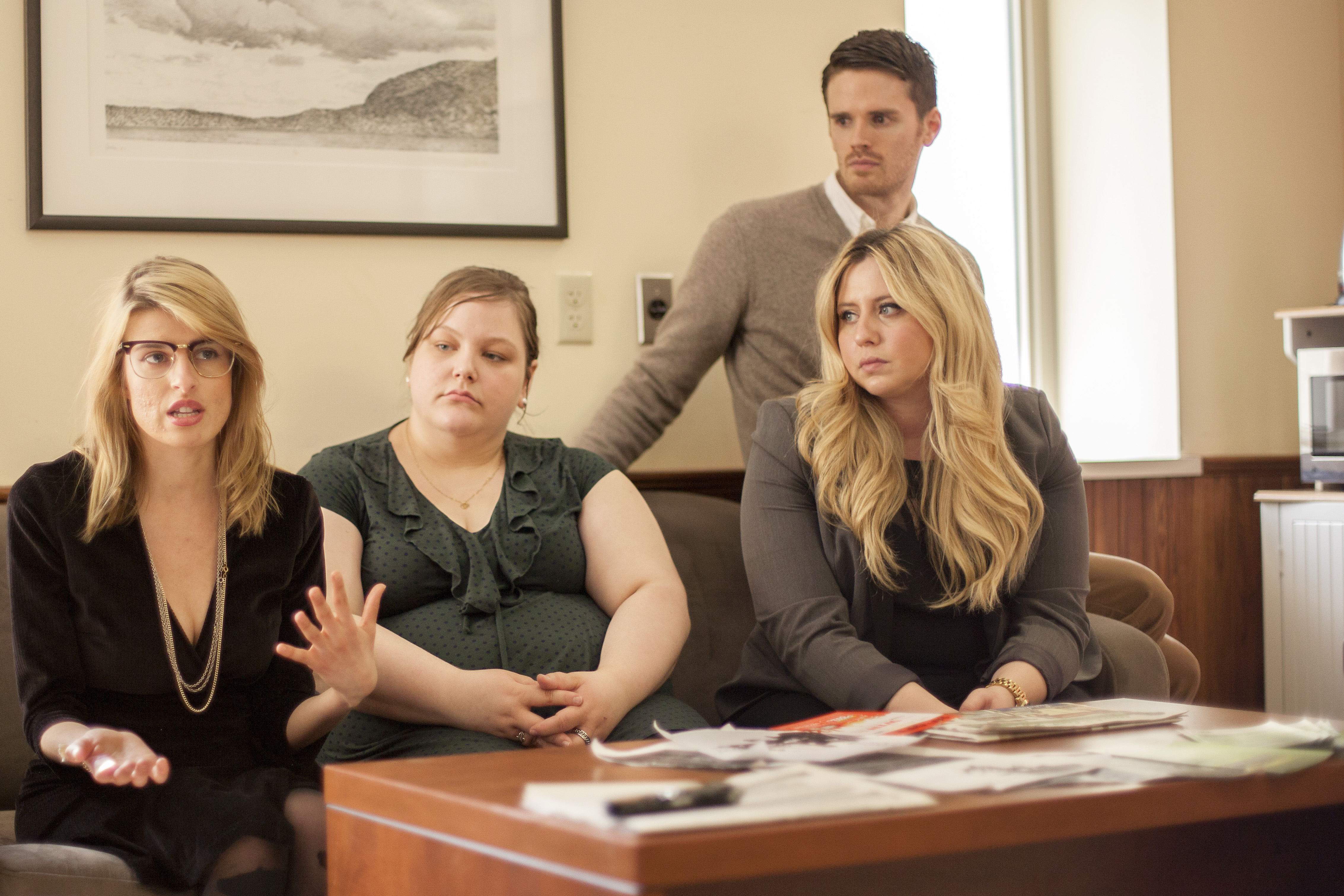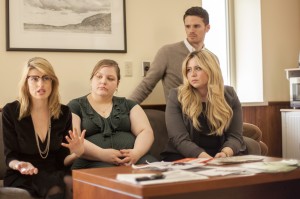Criminal legislation a concern


As the Canadian government continues to move towards implementing longer and more punitive incarceration sentences, organizations have begun their own movements to start discussions about alternative ways of dealing with offenders. Entering into this dialogue, four students from Wilfrid Laurier University’s faculty of social work hosted an event entitled Deserving (A) Life.
Part of a class project, the event was organized by group members Lana Hastings, Melissa Wood, Emma Blake and Luke Hazzard, who are all masters of social work students.
“Because I am part of the Walls to Bridges Collective and some of us do have experience in corrections or in that field, we thought what a better topic than raising awareness about the really punitive criminal legislation that is part of this country and how ineffective it is and how there are proven better ways and more restorative and affective alternatives to incarceration,” explained Hastings.
The event was held in partnership with the Walls to Bridges Collective, a Laurier-based group that works with both incarcerated and non-incarcerated women to bring social justice and education to criminalized women and transpeople.
“There is a lot of concern over the way legislation gets passed and it gets passed really quickly,” said Randall Duguid, who spoke at the event as a member of Walls to Bridges. “So today the concern was largely wanting to talk about natural life sentencing.”
In the fall, the Conservative government announced in their speech to the throne that they would be pushing for natural life sentencing — sentencing that would truly condemn people to a life in prison.
Julie Thompson, director of programs at Community Justice Initiatives, spoke on the topic of restorative justice.
The topic of the incarceration of women was touched on by Thompson, as well as a third guest speaker who has lived experience in the system.
“I think it went really well,” said Juliana Olivieri, a member of Walls to Bridges, of the event. “The thing that I love about events like this is you always come as a speaker but you leave as a learner as well.”
The event took place on Monday at the faculty of social work, and was open to the general public. They aimed to have 30 people attend but had closer to 60.
“I think that people are genuinely interested in corrections,” said Wood. “I think it’s something that we don’t talk about a lot especially in the school of social work.”
Kendra Wassink, a first-year masters of social work student, explained what she took away from the event.
“We have these professionals who are professionals already. But we are the next generation of social workers and if we want these movements to continue then we need to be educated on what’s going on.”


